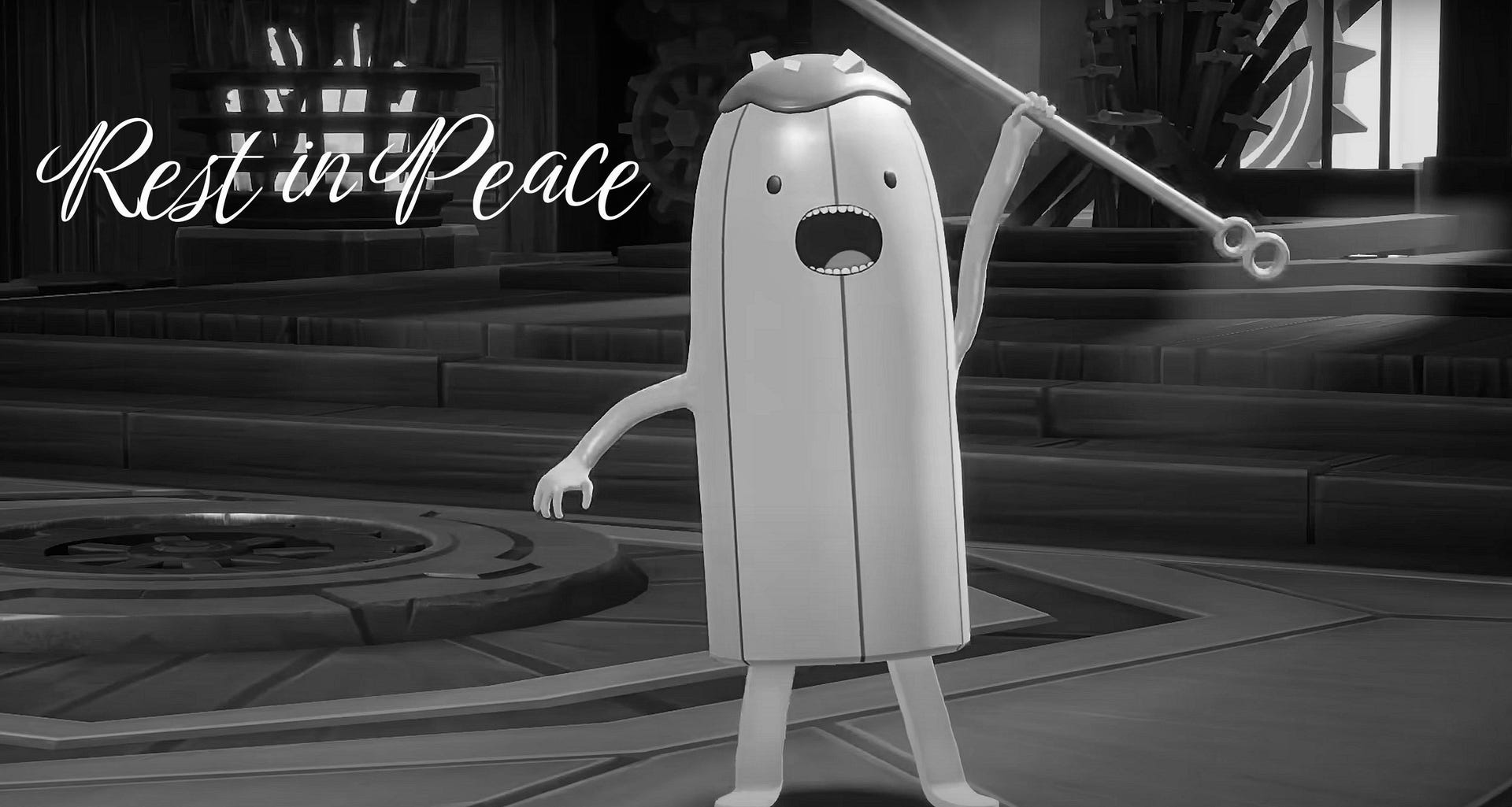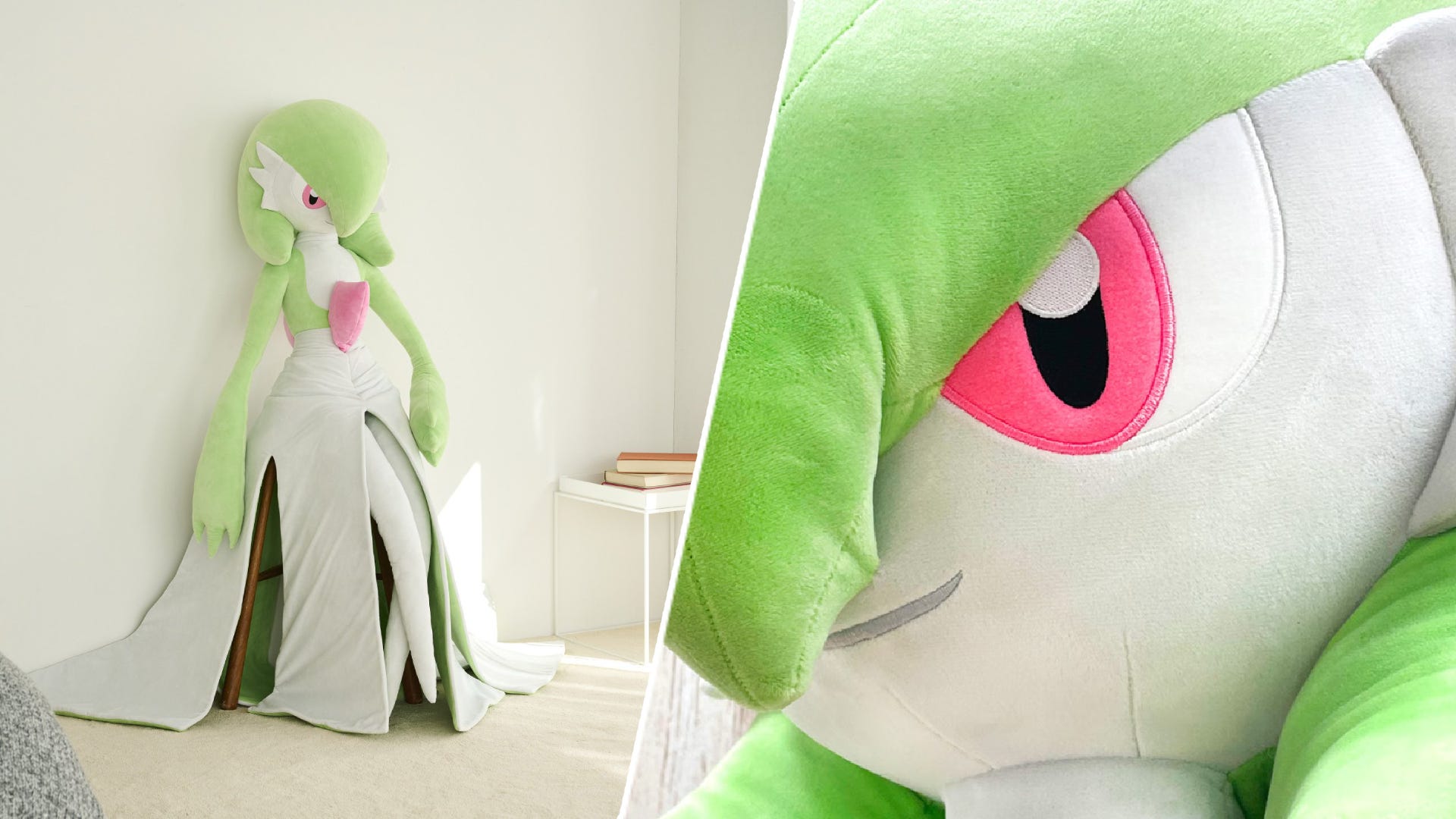Clean OOP way of mapping an object to its presenter
I am creating a board game (such as chess) in Java, where each piece is its own type (like Pawn, Rook etc.). For the GUI part of the application I need an image for each of these pieces. Since doing thinks like rook.image(); violates separation of UI and business logic, I will create a different presenter for each piece and then map the piece types to their corresponding presenters like private HashMap<Class<Piece>, PiecePresenter> presenters = ... public Image getImage(Piece piece) { return presenters.get(piece.getClass()).image(); } So far so good. However, I sense a prudent OOP guru would frown upon calling a getClass() method and would suggest using a visitor for example like this: class Rook extends Piece { @Override public <T> T accept(PieceVisitor<T> visitor) { return visitor.visitRook(this); } } class ImageVisitor implements PieceVisitor<Image> { @Override public Image visitRook(Rook rook) { return rookImage; } } I like this solution (thank you, guru), but it has one significant drawback. Every time a new piece type is added to the application the PieceVisitor needs to be updated with a new method. I would like to use my system as a board game framework where new pieces could be added through a simple process where the user of the framework would only provide implementation of both the piece and its presenter, and simply plug it into the framework. My question: is there a clean OOP solution without instanceof, getClass() etc. which would allow for this kind of extensibility?
I am creating a board game (such as chess) in Java, where each piece is its own type (like Pawn, Rook etc.). For the GUI part of the application I need an image for each of these pieces. Since doing thinks like
rook.image();
violates separation of UI and business logic, I will create a different presenter for each piece and then map the piece types to their corresponding presenters like
private HashMap<Class<Piece>, PiecePresenter> presenters = ...
public Image getImage(Piece piece) {
return presenters.get(piece.getClass()).image();
}
So far so good. However, I sense a prudent OOP guru would frown upon calling a getClass() method and would suggest using a visitor for example like this:
class Rook extends Piece {
@Override
public <T> T accept(PieceVisitor<T> visitor) {
return visitor.visitRook(this);
}
}
class ImageVisitor implements PieceVisitor<Image> {
@Override
public Image visitRook(Rook rook) {
return rookImage;
}
}
I like this solution (thank you, guru), but it has one significant drawback. Every time a new piece type is added to the application the PieceVisitor needs to be updated with a new method. I would like to use my system as a board game framework where new pieces could be added through a simple process where the user of the framework would only provide implementation of both the piece and its presenter, and simply plug it into the framework. My question: is there a clean OOP solution without instanceof, getClass() etc. which would allow for this kind of extensibility?













![From Gas Station to Google with Self-Taught Cloud Engineer Rishab Kumar [Podcast #158]](https://cdn.hashnode.com/res/hashnode/image/upload/v1738339892695/6b303b0a-c99c-4074-b4bd-104f98252c0c.png?#)































































